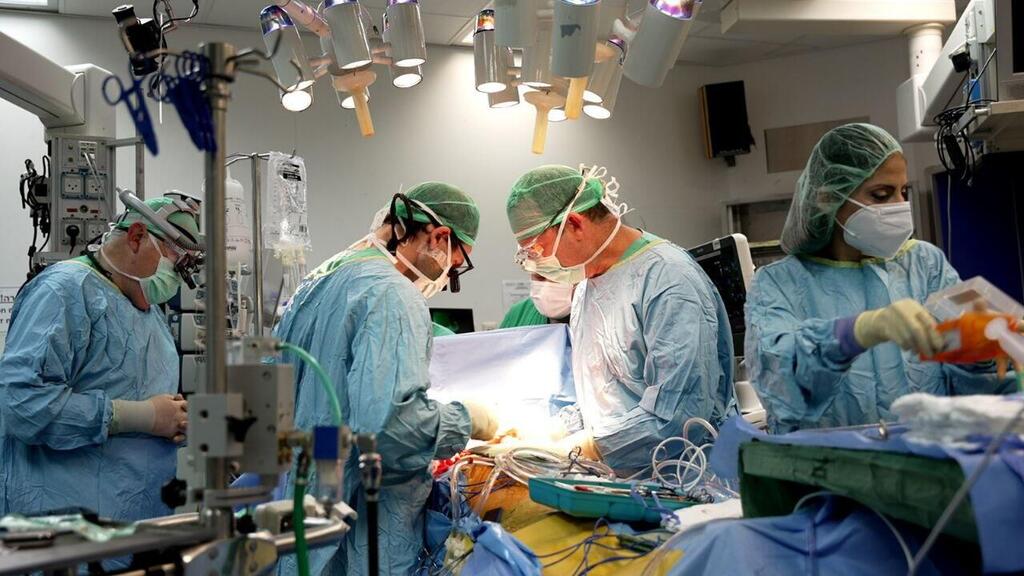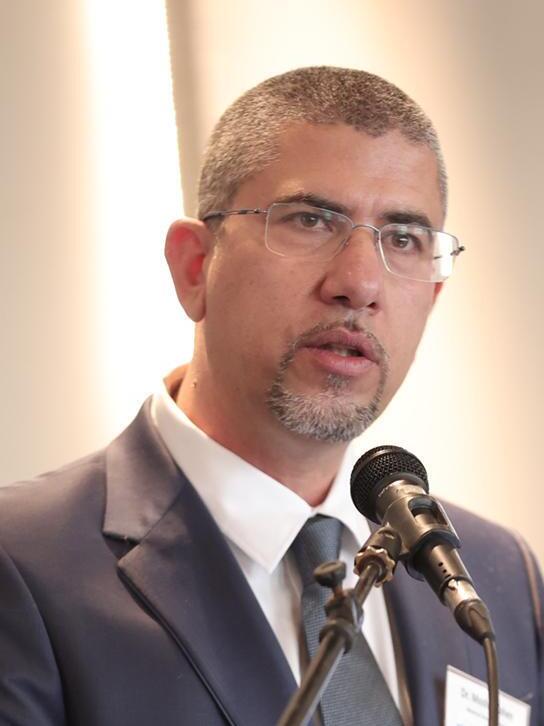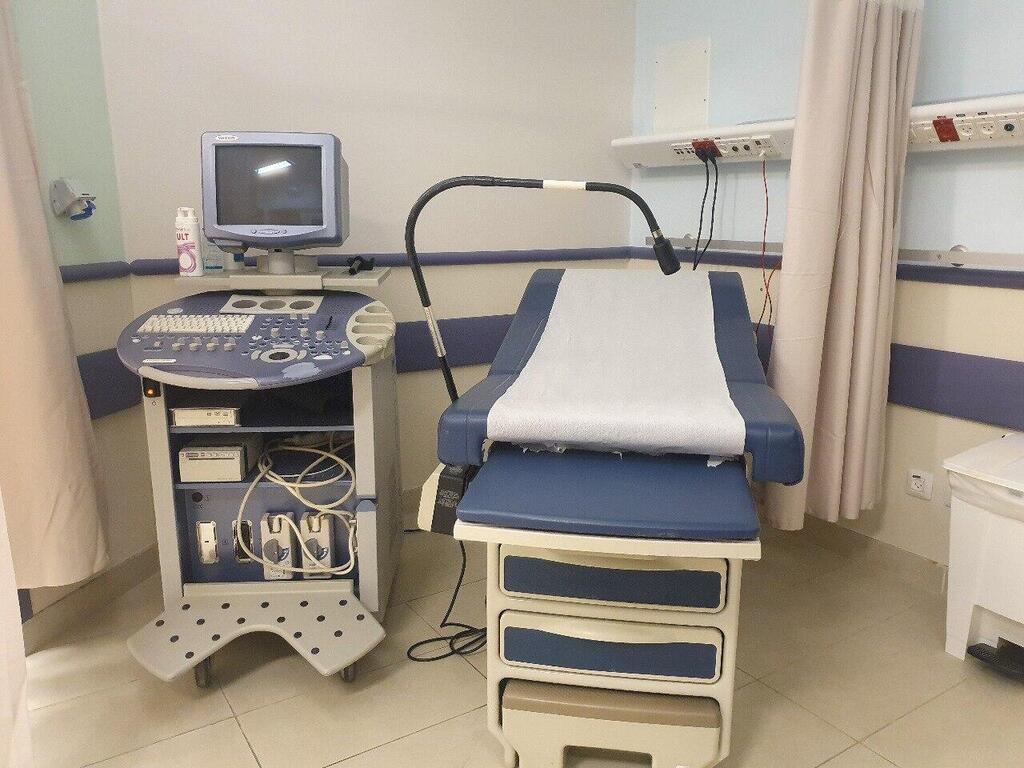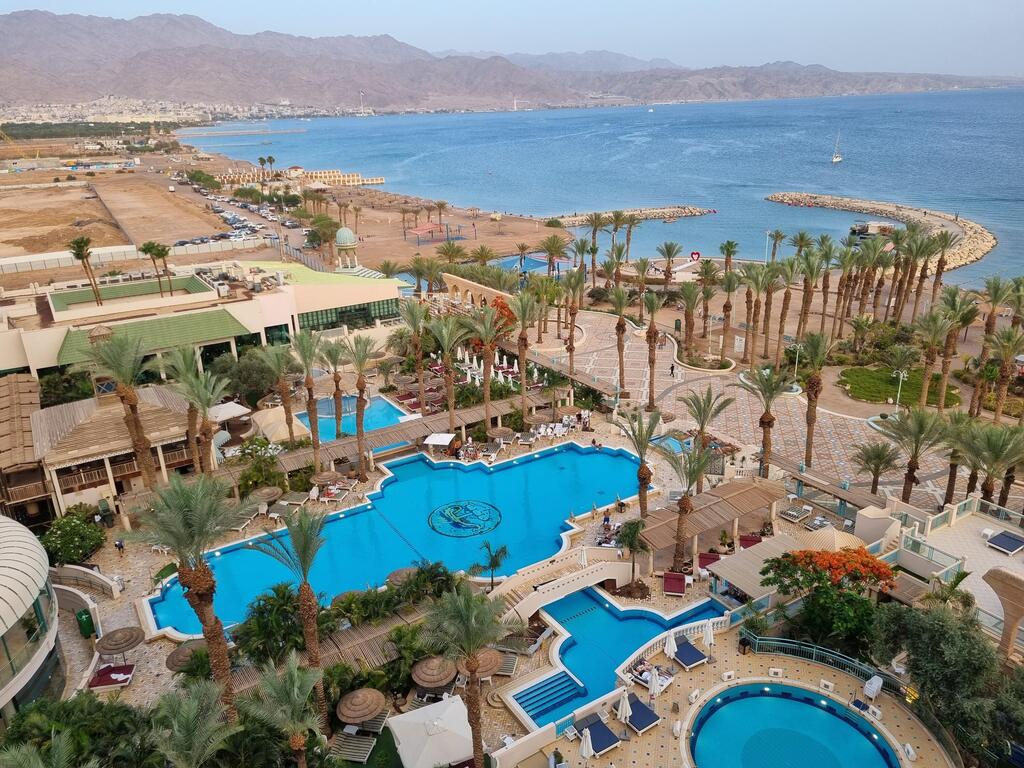Getting your Trinity Audio player ready...
The State of Israel has one of the best healthcare systems in the world. As the owner of a company that trains students for medical studies in Israel, Sweden, the U.S., and India, I can confidently say that the Israeli healthcare system leads in service level and, most importantly, in the quality of its medical personnel, including doctors, nurses, and medical support staff, compared to other countries worldwide.
We should be proud, but we must remember that tiny Israel, compared to the other countries mentioned, is far from homogeneous in providing medical and academic services. In Israel, there is Tel Aviv and its surroundings with some of the best medical services in the world, while the north and the south of the country lag in healthcare services.
This fact can be demonstrated with simple numerical parameters: There are fewer than 2 doctors per thousand people in southern Israel. In Tel Aviv, on the other hand, there are more than 5 doctors per thousand people. The average life expectancy in the south is the lowest in Israel, several years lower than in the central region.
The south stands out negatively in infant mortality rates. According to the 2022 Inequality Report published on the website of the Israel Public Health Physicians Association. As severe as the situation is in the periphery compared to the central region, it is even more severe in Eilat. About 70,000 Israeli citizens live in Eilat and its surroundings, paying taxes and social security just like those living in the central region.
Eilat receives about three million tourists annually, mainly domestic tourism. The city's population doubles due to tourism almost at any given time. It should be noted that during the last wide-scale military operation, Operation Protective Edge, Eilat hosted about 60,000 citizens from all over Israel, effectively doubling its population.
Despite all this, medical services in Eilat are the poorest compared to all other regions and cities in Israel. Eilat lacks an emergency room and a proper children's ward, has no cardiac catheterization lab, and suffers from a severe shortage of specialists and resident doctors.
This means that a citizen or tourist who suffers a heart attack in Eilat can expect treatment as it was provided in the 1980s. In a young city full of children, there are no reasonable pediatric medical services. Premature babies born in Eilat must be flown to Soroka Medical Center because there is no neonatal intensive care unit!
The implication is clear: the State of Israel established a remote city, serving as the southern gateway, and borders neighboring Middle Eastern countries, but has not found a way to provide its citizens and tourists with proper medical services.
Senior doctors do not come to Eilat, not due to geographical distance. The city is unattractive to doctors because it lacks a medical academy. Doctors have always followed academia and academic achievements. The medical profession, by its nature, is a teaching and learning profession.
As a doctor myself, I always repeated the phrase, "Learn one, do one, teach one." Teaching is the essence of our professional existence, and where there is no medical teaching, a medical desert will always prevail. Therefore, the urgent task is to establish an international English-speaking faculty in Eilat. A medical faculty will attract doctors from all over the country, from all specialties, of all types, and in all departments. An international faculty will attract students from all over the world to Eilat to fulfill their dream of studying medicine. An English-speaking faculty will elevate the academic level and students, turning Eilat into a global axis.
3 View gallery


Sheba Medical Center's treatment is on par with leading hospitals around the world
(Photo: Sheba Medical Center)
The implications of this Zionist project extend far beyond academia and improving healthcare services. Employment opportunities for the city and surrounding residents, providing services to students, enhanced domestic and international tourism, and the establishment of a center of excellence in the biomedical high-tech field could turn Eilat into Israel's future Silicon Valley.
Is this a dream? The vision is feasible from start to finish
Four of the world's top European universities have already signed agreements to provide academic and administrative guidance for establishing the faculty in Eilat. Donors and investors have expressed willingness to fund the iconic building with an investment of about 250 million shekels. Eilat municipality and its head, Mr. Eli Lankri, have allocated a building for the immediate opening of the faculty and expressed willingness to allocate land for the building.
Clalit Health Services has committed to investing in Yoseftal Hospital and bringing it to an academic level subject to the establishment of the faculty. Additionally, it agreed to allocate clinical fields for the faculty from its hospital network.
So where is the obstacle?
The main current obstacle is the required approval to operate the faculty, from the Council for Higher Education – MALAG. Let me start by noting that the MALAG is essential for maintaining proper academic standards in Israel. However, it is a conservative and rigid body that quickly dismissed the idea outright as an initial response.
In a proper country, a body like the MALAG would positively call the group of entrepreneurs, congratulate them on the idea and project, and together find a way to implement the idea, despite the obvious bureaucratic barriers and difficulties. After all, such a project has never been done in Israel before.
In today's Israel, the MALAG rejected the idea outright and has not been willing until the moment of writing these words to hold a comprehensive and fruitful discussion with the project's partners to find a way to realize the idea and bring it to life while strictly maintaining proper academic standards.
If it continues to do so, the MALAG will perpetuate the neglect of the periphery, the poor medical services, and the personal development opportunities for the younger generation of Eilat and the surrounding area. If it does not reconsider, we will continue to witness the current situation and see negative migration from the city, without a real light at the end of the tunnel.
 Dr. Moshe Cohen
Dr. Moshe Cohen Now it is on the table. This is an urgent task. It is a Zionist project, a non-profit organization aimed at improving the south of the country and the entire State of Israel. Above all, it is meant to show the citizens of Israel, especially in this time, those close and those far from the central region, that they are not only equal in duties and bearing the burden, but truly and genuinely equal in the right to live with dignity and good health.



